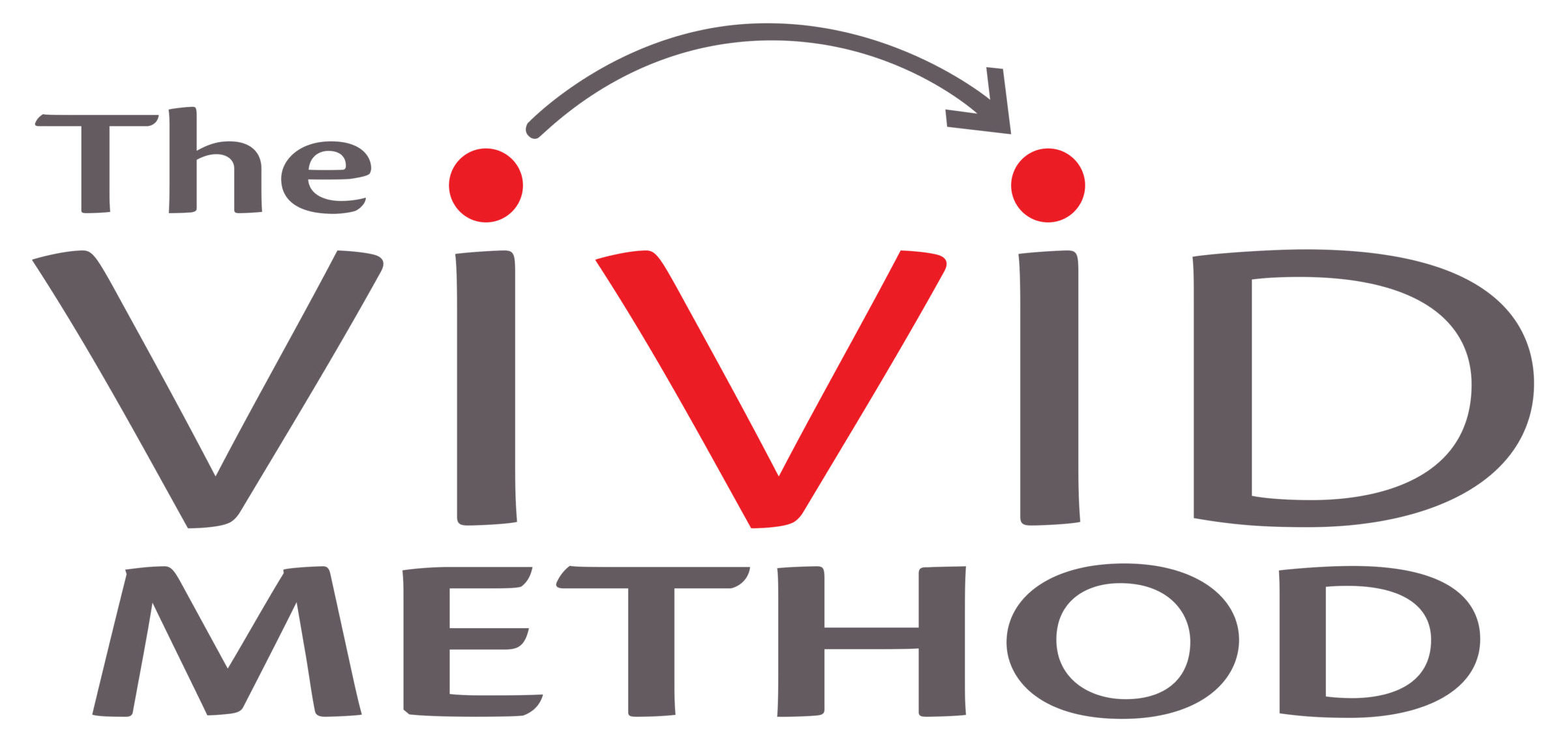Distorted message: “It’s not about winning”
 There is a big difference between a distorted message and true message.
There is a big difference between a distorted message and true message.
I recently went to a school sports day for 6 to 10 year olds.
The teacher introducing the event made a short speech and finished with the message ‘It’s not about winning, it’s about having fun’.
Unfortunately it’s a lie.
It’s just not accurate. Every kid would like to win. Every parent at the event would like their child to win. The winner gets more satisfaction and glory. In fact, if it wasn’t about winning, there would be no race!
True message
We deliver messages like this because we want to spare our children the cut throat pressure that may go with competition. A noble goal. But a goal that won’t be achieved if the children don’t believe what we say.
However, we can easily create a true and accurate message that achieves the intended goal, with a slight tweak.
‘It’s not just about winning, it’s also about having fun’.
Because this message states the truth, the kids are still listening to the important point about having fun. This message allows you to introduce the day and set the right tone.
A true message resonates. A distorted message is treated with disdain and encourages duplicity – in children and adults.
We don’t have to be fake, we just need to think through our messages.
—–
If you’d like to develop compelling messages, consider:
